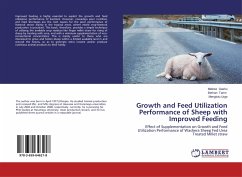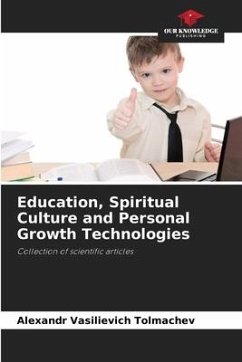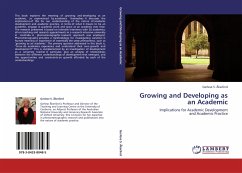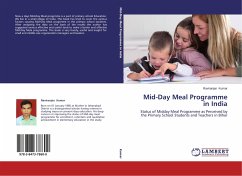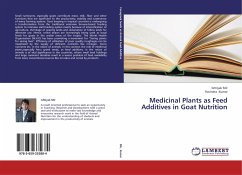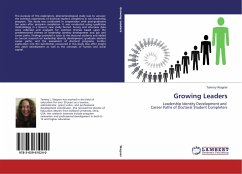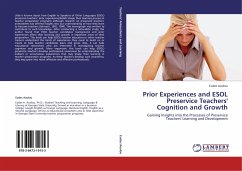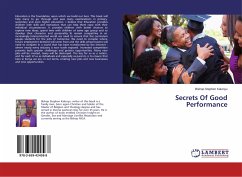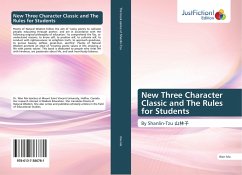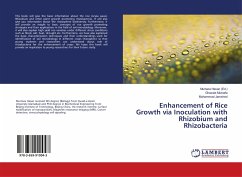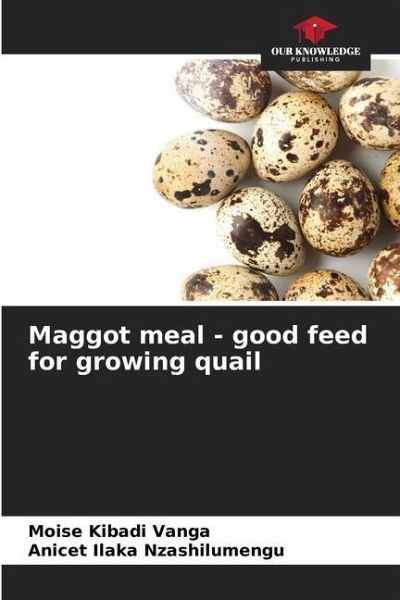
Maggot meal - good feed for growing quail
Versandkostenfrei!
Versandfertig in 6-10 Tagen
16,99 €
inkl. MwSt.

PAYBACK Punkte
8 °P sammeln!
The problem of food security is real in the Democratic Republic of Congo, where more than half of the population has a deficit in both plant and animal proteins. Quail breeding can be one of the sustainable solutions to the demand for protein, and its contribution to the constitution of the income of the breeders and thus to the reduction of poverty. However, animal feed competes with human feed, especially with regard to cereals, and the high cost of these ingredients does not contribute to an adequate and essential food supply to improve the performance of the livestock. Other non-convention...
The problem of food security is real in the Democratic Republic of Congo, where more than half of the population has a deficit in both plant and animal proteins. Quail breeding can be one of the sustainable solutions to the demand for protein, and its contribution to the constitution of the income of the breeders and thus to the reduction of poverty. However, animal feed competes with human feed, especially with regard to cereals, and the high cost of these ingredients does not contribute to an adequate and essential food supply to improve the performance of the livestock. Other non-conventional feed resources perfectly adapted to the needs of poultry such as maggots seem to be an alternative solution. If in some parts of the world, the production of maggots is a problem, this is not the case for African countries, and DRC in particular, which would benefit from adopting it. Dried maggot meal, good food for quail. Poultry farmers, scientists and anyone interested in breeding or research can try it to convince themselves.



